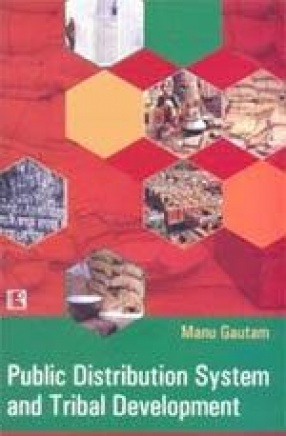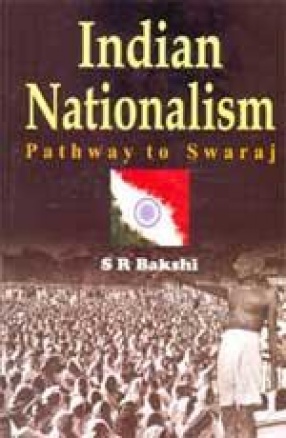The problem of food insecurity in India stands with a questionable mark on its proclaimed development process. The inability of the poor people to manage two square meals in a country where tones of foodgrains are accumulated as buffer stocks poses severe questions towards providing food security for all. The inaccessible habitations and low purchasing capacity of tribals, along with the volatile nature of market, further with the volatile nature of market, further reduce their chances to depend on market. Public Distribution System (PDS) in India aims to provide foodgrains to the poorer sections at subsidized prices. Although, it cannot eradicate food deficiency completely it specially emphasizes the smooth supply of foodgrains during critical conditions like droughts, famines and natural calamities apart from its usual services. It is against this backdrop that the present study makes an attempt to critically assess the implementation of PDS in a tribal dominated area of Madhya Pradesh and suggest remedial measures for its effective implementation.
Public Distribution System and Tribal Development
In stock
Free & Quick Delivery Worldwide
reviews
Bibliographic information
Title
Public Distribution System and Tribal Development
Author
Edition
1st ed.
Publisher
ISBN
8131600327
Length
xx+235p., Tables; Figures; Notes; Maps; Annexures; Bibliography; Index; 23cm.
Subjects





There are no reviews yet.